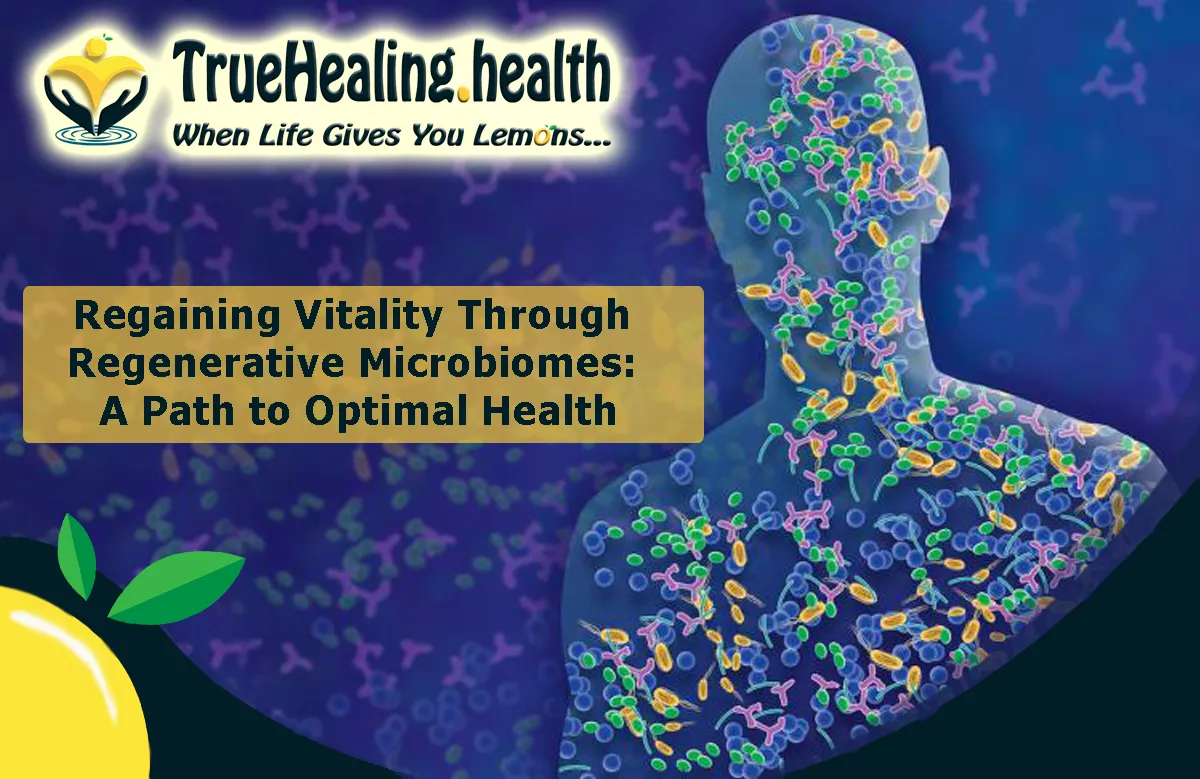The Crucial Role of Gut Microbiota in Combating Depression and Anxiety
The Vital Link Between Gut Health and Mental Well-Being
In recent explorations into mental health, the gut microbiota emerges as a pivotal factor in managing depression and anxiety. This connection, often overlooked, suggests that the microbial inhabitants of our intestines may significantly influence our mental health. This blog delves into the complex relationship between our gut microbiota and mental health, emphasizing why nurturing our gut health could be key to alleviating mood disorders.
Content:
1. What is Gut Microbiota, and How Does It Impact Our Health?
2. The Gut-Brain Axis: A Two-Way Communication System
3. How Can Imbalances in Gut Microbiota Lead to Depression and Anxiety?
4. Identifying Symptoms of Gut Dysbiosis
5. Strategies to Restore and Maintain Healthy Gut Microbiota
6. The Role of Diet in Shaping Our Gut Environment**
7. Probiotics and Prebiotics: Allies in Gut Health
8. Understanding the Link Between Gut Health and Neurotransmitter Production
9. The Impact of Gut Health on Overall Mental Wellness
10. Future Directions: Gut Health and Its Clinical Implications in Mental Health Treatment
1. What is Gut Microbiota, and How Does It Impact Our Health?
The gut microbiota consists of trillions of bacteria, viruses, and fungi that inhabit our digestive tract. These microorganisms are essential not just for digestion but also play crucial roles in our immune system and mental health. A balanced gut microbiota facilitates the production of neurotransmitters like serotonin and dopamine which are critical for mood regulation.
2. The Gut-Brain Axis: A Two-Way Communication System
The gut-brain axis represents the bidirectional communication pathway between the gastrointestinal tract and the brain, involving neural, hormonal, and immunological mechanisms. This axis underscores how gut microbiota can influence brain function and emotional health, and vice versa.
3. How Can Imbalances in Gut Microbiota Lead to Depression and Anxiety?
Dysbiosis, or an imbalance in gut microbiota, can lead to the overproduction of harmful metabolites like D-lactic acid, which may impair brain function and exacerbate symptoms of depression and anxiety. Restoring this balance is crucial for mental well-being.
4. Identifying Symptoms of Gut Dysbiosis
Common signs of gut dysbiosis include gastrointestinal distress, such as bloating and irregular bowel movements, alongside mental health struggles like mood swings and unexplained fatigue. Recognizing these symptoms can help in early intervention.
5. Strategies to Restore and Maintain Healthy Gut Microbiota
Balancing gut microbiota involves dietary adjustments, incorporating fermented foods, managing stress, and potentially using herbal remedies to mitigate harmful bacteria.
6. The Role of Diet in Shaping Our Gut Environment
A fiber-rich diet abundant in fruits, vegetables, and fermented foods promotes a diverse and resilient gut microbiota, while high sugar and processed foods can contribute to dysbiosis and mental health issues.
7. Probiotics and Prebiotics: Allies in Gut Health
Probiotics are live beneficial bacteria that help stabilize gut microbiota, and prebiotics are fibers that nourish these beneficial bacteria. Together, they help enhance gut health and, by extension, mental well-being.
8. The Impact of Gut Health on Overall Mental Wellness
Understanding the Link Between Gut Health and Neurotransmitter Production
Gut bacteria are critical in synthesizing essential neurotransmitters like serotonin. For instance, certain species of gut bacteria are involved in converting tryptophan into serotonin, influencing mood and emotional health directly.
9. The Impact of Gut Health on Overall Mental Wellness
A healthy gut contributes to overall mental wellness by ensuring the proper production of neurotransmitters and reducing inflammation, a known contributor to depressive states.
10. Future Directions: Gut Health and Its Clinical Implications in Mental Health Treatment
Research into gut microbiota opens new avenues for treating mood disorders. Innovations like fecal microbiota transplantation and microbiota-targeted diets could revolutionize our approach to mental health care.
Summary:
- Gut microbiota plays a central role in mental health, influencing the production of mood-regulating neurotransmitters.
- Dysbiosis can lead to significant mental health challenges, including depression and anxiety.
- Maintaining a balanced gut microbiota involves dietary strategies, stress management, and the judicious use of probiotics and prebiotics.
- A deeper understanding of the gut-brain axis can lead to innovative treatments for mood disorders, highlighting the importance of gut health in overall mental wellness.
By embracing the intricate connection between gut health and mental well-being, individuals can take proactive steps toward managing their mental health, potentially reducing their dependence on conventional medications and enhancing their overall quality of life.


















